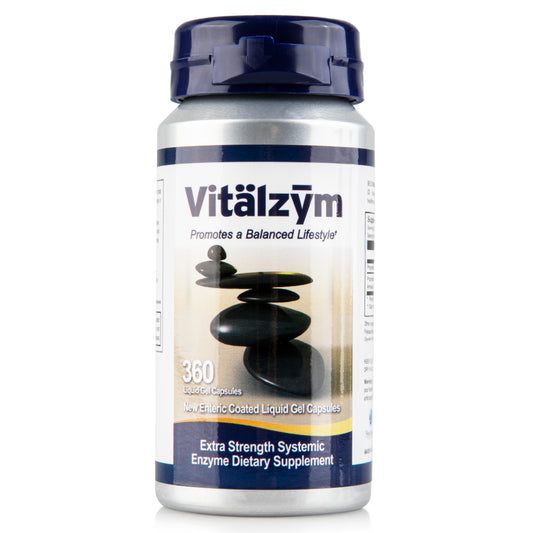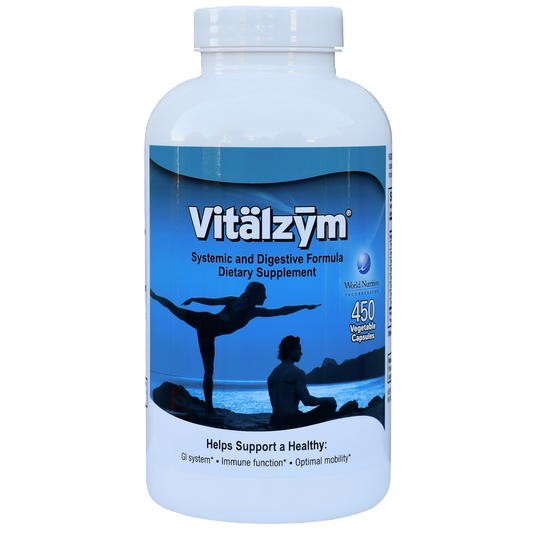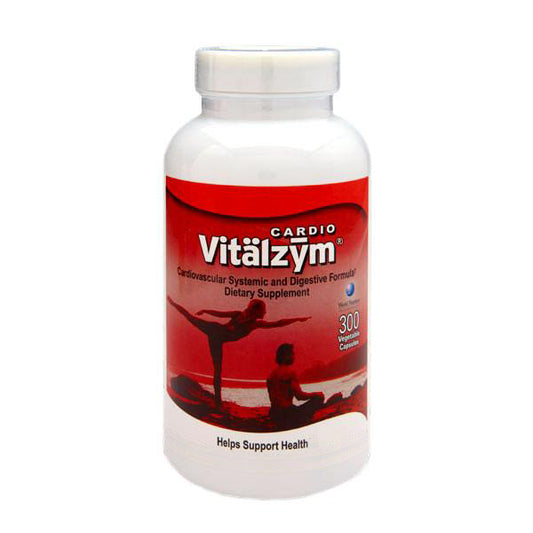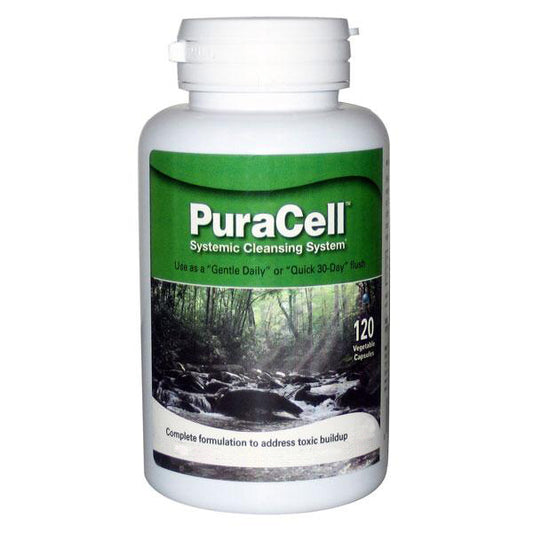Maximizing the effectiveness of digestive enzymes hinges on understanding the optimal timing for their intake. From alleviating digestive discomfort to boosting nutrient absorption, these enzymes can significantly enhance your digestive health. This article offers a detailed exploration of when to take digestive enzymes, backed by scientific research and expert recommendations, to help you achieve the best possible results.
What Are Digestive Enzymes?
Digestive enzymes are specialized proteins that the body produces to help break down food into smaller, absorbable components. These enzymes, along with those produced in the pancreas, target specific nutrients: proteases break down proteins, lipases break down fats, and amylases break down carbohydrates. By facilitating the digestion process, digestive enzymes ensure that the nutrients from the food we eat are efficiently absorbed into the bloodstream, supporting overall health and well-being. In some cases, individuals may require supplemental digestive enzymes to address deficiencies or enhance digestive function, particularly if they suffer from conditions like IBS, GERD, or lactose intolerance.
How Do Digestive Enzymes Work?
Proteases: Breaking Down Proteins
Proteases are enzymes that specifically target proteins, breaking them down into smaller peptides and amino acids. This process begins in the stomach, where proteases like pepsin start the digestion of protein molecules. The breakdown continues in the small intestine with the help of other proteases such as trypsin and chymotrypsin, which are secreted by the pancreas. By breaking proteins into their constituent amino acids, proteases facilitate their absorption into the bloodstream, where they can be used for various bodily functions, including muscle repair and enzyme production.
Lipases: Breaking Down Fats
Lipases are enzymes that specialize in the digestion of fats, converting them into fatty acids and glycerol. This process primarily occurs in the small intestine, where bile from the liver emulsifies fats, making them more accessible to lipases. Pancreatic lipase, secreted by the pancreas, is the most important enzyme in this category, breaking down triglycerides into free fatty acids and monoglycerides. These smaller molecules can then be absorbed through the intestinal lining and transported via the lymphatic system to be used as energy or stored for future use.
Amylases: Breaking Down Carbohydrates
Amylases are enzymes that focus on breaking down carbohydrates into simple sugars like glucose. The digestion of carbohydrates begins in the mouth with salivary amylase, which starts breaking down starches into smaller polysaccharides. This process continues in the small intestine with the help of pancreatic amylase from the pancreas, which further breaks down these polysaccharides into disaccharides and monosaccharides. These simple sugars are then absorbed into the bloodstream, providing a quick source of energy for the body.
Lactase: Breaking Down Lactose
Lactase is a specific type of enzyme that breaks down lactose, the sugar found in milk and dairy products, into glucose and galactose. This enzyme is produced in the small intestine and is essential for the proper digestion of dairy. Individuals who are lactose intolerant have a deficiency in lactase, leading to digestive discomfort when they consume dairy products. Lactase supplements can help these individuals digest lactose more effectively, reducing symptoms like bloating, gas, and diarrhea.
Cellulase: Breaking Down Fiber
Cellulase is an enzyme that breaks down cellulose, a complex carbohydrate found in the cell walls of plants. Unlike other digestive enzymes, cellulase is not produced by the human body but can be obtained through certain foods and supplements. By breaking down cellulose into beta-glucose, cellulase aids in the digestion of fibrous plant material, making it easier for the body to absorb nutrients and maintain healthy bowel movements. This enzyme is particularly beneficial for individuals who consume a high-fiber diet.

When To Take Digestive Enzymes?
The optimal timing for taking digestive enzymes can significantly impact their effectiveness in aiding digestion and nutrient absorption. Generally, digestive enzymes should be taken just before or at the beginning of a meal to ensure they are present in the stomach and small intestine when food arrives. This timing allows the enzymes to mix with the food and start breaking it down immediately. However, the specific timing can vary depending on the type of enzyme and individual needs. For example, lactase supplements should be taken right before consuming dairy products, while protease supplements might be more effective when taken with meals rich in protein. Consulting with a healthcare professional can provide personalized advice tailored to individual digestive health needs and conditions.
What Are The Benefits Of Digestive Enzymes?
- Improved Nutrient Absorption: Digestive enzymes help break down food into smaller, absorbable components, ensuring that the body can efficiently absorb essential nutrients like vitamins, minerals, amino acids, and fatty acids. This enhanced absorption supports overall health and can improve energy levels, immune function, and cellular repair.
- Reduced Digestive Discomfort: By aiding in the breakdown of food, digestive enzymes can alleviate common digestive issues such as bloating, gas, indigestion, and heartburn. This is particularly beneficial for individuals with conditions like IBS, GERD, or lactose intolerance, as it helps manage symptoms and improves overall digestive comfort.
- Enhanced Overall Digestive Health: Regular use of digestive enzymes can promote a healthier digestive system by ensuring that food is properly broken down and nutrients are efficiently absorbed. This can lead to better bowel regularity, reduced strain on the digestive organs, and a lower risk of developing digestive disorders over time.
- Support for Specific Health Conditions: For individuals with specific health conditions that impair digestion, such as pancreatic insufficiency or celiac disease, digestive enzymes can provide critical support. They help compensate for the body's inability to produce sufficient enzymes, thereby improving digestion and nutrient uptake.
- Optimized Performance and Recovery for Athletes: Athletes and fitness enthusiasts can benefit from digestive enzymes by maximizing nutrient absorption, which is crucial for muscle recovery, energy production, and overall performance. By ensuring that proteins, fats, and carbohydrates are efficiently digested, enzymes help athletes get the most out of their nutrition plans.
- Aid in Weight Management: Proper digestion and nutrient absorption can also play a role in weight management. By ensuring that the body efficiently processes and utilizes nutrients, digestive enzymes can help maintain a healthy metabolism and support weight loss or maintenance efforts.
Where Can I Buy Digestive Enzyme Supplements?
You can purchase high-quality digestive enzyme supplements at World Nutrition, a trusted provider renowned for offering the best supplement collection tailored to meet all your digestive needs. World Nutrition's extensive range includes specialized enzymes designed to address various digestive issues, from general digestive support to targeted solutions for conditions like lactose intolerance and protein malabsorption. To ensure maximum effectiveness, they formulate their products with premium ingredients, and they back them up with strict quality standards. Whether you're looking to enhance nutrient absorption, alleviate digestive discomfort, or support overall digestive health, World Nutrition has the right supplement to help you achieve your wellness goals.
Is It Better To Take Probiotics or Digestive Enzyme Supplements?
Deciding whether to take probiotics or digestive enzyme supplements depends on your specific digestive health needs. Probiotics are beneficial bacteria that help maintain a healthy gut microbiome, supporting immune function, and aiding in the prevention of gastrointestinal issues like diarrhea and irritable bowel syndrome (IBS). They are particularly useful for restoring gut flora balance after antibiotic use or during digestive disturbances.
On the other hand, digestive enzymes directly aid in the breakdown of food, enhancing nutrient absorption and reducing symptoms like bloating, gas, and indigestion. If your primary concern is improving digestion and nutrient uptake, digestive enzymes may be more beneficial. However, if you're looking to support overall gut health and microbial balance, probiotics could be the better choice. In many cases, a combination of both supplements can provide comprehensive digestive support. Consulting with a healthcare professional can help determine the best approach for your individual needs
Conclusion
In conclusion, understanding the role and optimal timing of digestive enzymes can significantly enhance your digestive health and overall well-being. Whether you're dealing with chronic digestive issues, aiming to improve nutrient absorption, or seeking to optimize athletic performance, incorporating digestive enzymes into your routine can offer substantial benefits. By choosing the right type of enzyme and taking it at the appropriate time, you can alleviate discomfort, support efficient digestion, and maintain a healthy digestive system. Always consult with a healthcare professional to tailor enzyme supplementation to your specific needs and ensure safe and effective use.
Final Thoughts
Experience a new level of vitality with Vitalzym Extra Strength, a revolutionary systemic enzyme supplement by World Nutrition that utilizes the exceptional benefits of papain from papaya. This vegetarian-friendly formula is designed to restore enzyme levels, enhance immune function, expedite post-exercise recovery, and support optimal blood circulation. With a robust combination of serrapeptase, bromelain, and other vital ingredients, Vitalzym is your path to a healthier and more vibrant life. Embrace the transformative benefits of World Nutrition's papaya-infused products and unlock a higher state of well-being.*
Sources
- https://courses.lumenlearning.com/suny-ap2/chapter/digestive-system-processes-and-regulation/
- https://www.promega.com/products/mass-spectrometry/proteases-and-surfactants
- https://www.sciencedirect.com/topics/medicine-and-dentistry/lactase
These statements have not been evaluated by the food and drug administration (FDA). These products are not intended to diagnose, treat, cure, or prevent any disease.







